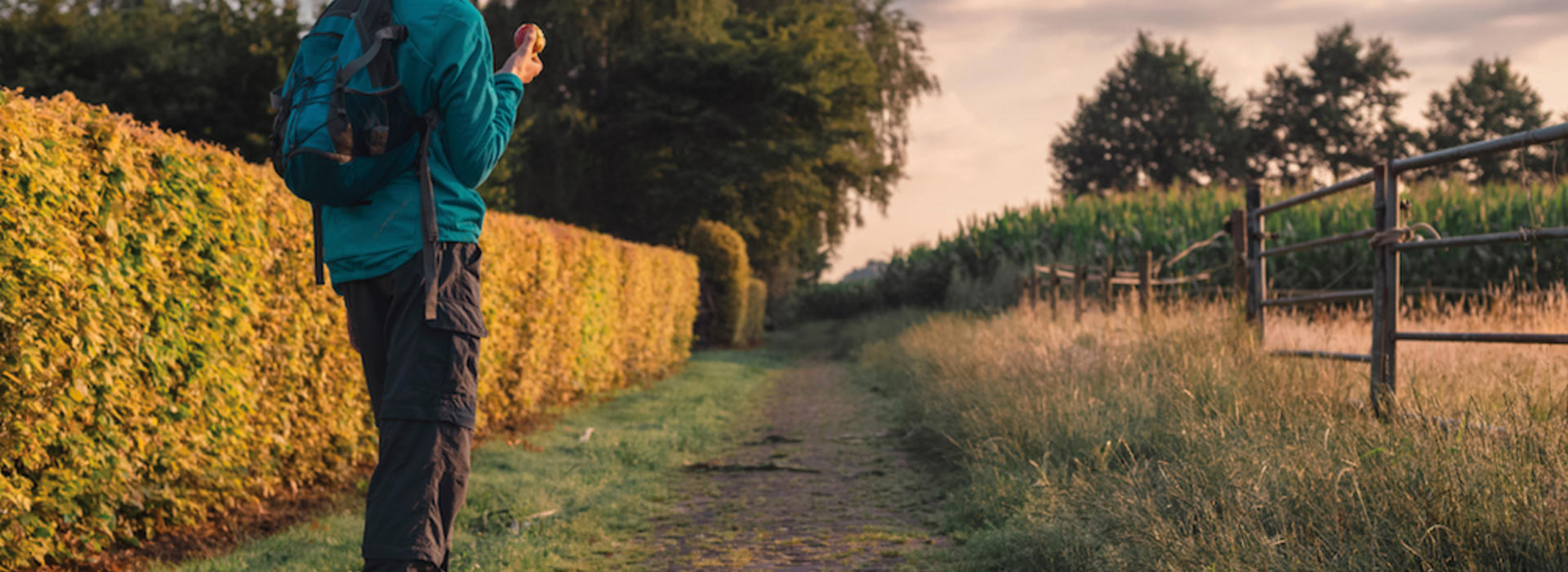
The Access to Justice Crisis: The American Bar Foundation Appoints Dr. Michele Statz to Faculty Scholars Cohort
An emerging crisis is developing in rural and Tribal communities across the country on the need for better access to civil justice and legal services, which are also having a compounding effect on individuals’ overall health outcomes.
In rural communities, nearly 10,000,000 Americans live below the federal poverty line, and three-quarters face at least one civil legal problem in a year.
Tackling these adversities in rural access to justice, the American Bar Foundation (ABF) announced the new 2021-2022 cohort of Access to Justice Faculty Scholars, selecting Michele Statz, PhD, assistant professor in the Department of Family Medicine and Biobehavioral Health at the University of Minnesota Medical School’s Duluth Campus and affiliate faculty member of the U of M Law School. This summer, Dr. Statz will join the seven-member cohort aimed at elevating justice for underrepresented groups and identifying ways to combat poverty. Serving a 15-month term, Dr. Statz will be researching how socio-spatial dimensions of rural jurisdictions influence judging and further shape access to the legal system and healthcare across five Tribal and state courts located in northern Minnesota and Wisconsin.
“There are very few scholars who are studying this on the ground when it comes to looking at access to justice in rural and remote locations,” Dr. Statz said. “As the only member representing a medical school on the cohort, it speaks highly to the program that they include those who are outside of a law school.”
Joining the Medical School’s Duluth Campus in 2017, Dr. Statz is an anthropologist of law specializing in rural justice. She has dedicated the past four years to conducting extensive research across the Northland to understand what access looks like in many of the rural and Tribal communities where our medical students are eager to practice. By examining these settings, Dr. Statz has introduced interventions in the curriculum that focus more critically on the structural determinants of health, perhaps most notably with the establishment of the novel course“Justice, Law & Medicine,” which makes the connections between law and medicine in rural spaces. As part of this course, Dr. Statz partners with a judge on the Iron Range to teach medical students that they don’t have to combat these challenges alone as a physician when caring for patients. Partnering with Hon. Robert Friday, Dr. Statz emphasizes creative thinking to consider other resources, such as Legal Aid, and to tap into community member networks to provide creative and meaningful support.
Bringing together diverse and innovative methods, Dr. Statz and her team will conduct a survey evaluating the stress of injustice and how health-related justiciable issues like access to medical benefits, secure housing and eldercare support might be addressed through interprofessional collaborations. They will also conduct extensive courtroom observations, daily debriefs with collaborating Tribal and state court judges and one-on-one qualitative interviews with partnering judges. No one has conducted this kind of multi-method, multi-sited and cross-disciplinary research in rural Tribal and state courts before, and the project’s implications for the legal and medical professions – and in particular for addressing rural professional shortages – are significant.
“The literature on concordance largely highlights race, gender and ethnicity, with data demonstrating that if you have a doctor who looks like you or speaks your same language, you might be willing to share certain things and develop trust that results in better health outcomes,” Dr. Statz said. “I believe this can be extended to rural places. That rural attorney, judge, or physician will probably understand that you had to drive over an hour to get to court and that there simply aren’t the resources that would be recommended for other clients or patients in metropolitan regions. There’s a different sort of empathy that I think would be overlooked if they were in urban areas.”
Dr. Statz calls this framework “place-based judicial intimacy,” and will apply the concept in Tribal and state courts where litigants can provide feedback about their hearing with questions like: Does it matter to you that the judge is from the same place as you? Is it important to you that the judge is also an enrolled member of [this band or tribe]?
“My previous research has evidenced that some litigants feel like because of this place-based connection with a judge, they were heard and that their experience was fair, even if the outcome wasn’t the result they had expected. This is really important,” Dr. Statz said. “There are so few attorneys in rural areas, and many individuals can’t afford one to represent them. There’s a clear access to justice crisis, and as a result, a lot of judges end up going into overtime and tend to do a lot of hand-holding. Their deep understanding of and commitment to rural places is evident and profoundly impactful, but it’s so far been overlooked by scholars and practitioners.”
For instance, around the Northland, Dr. Statz has observed unique collaborations between Tribal and state court judges who often see the same people in the courtroom. By working together, these local partnerships help their communities increase access to justice and open the doors to create more support for courts with limited capacities.
Dr. Statz and her team will continue to work on their research next summer.
“I love the chance to honor the expertise of diverse rural community members and disseminate it to people who might never step foot in the Northland, but who often make policies that affect law and health in the Northland,” Dr. Statz said. “That’s what is driving my mission to do this work.”